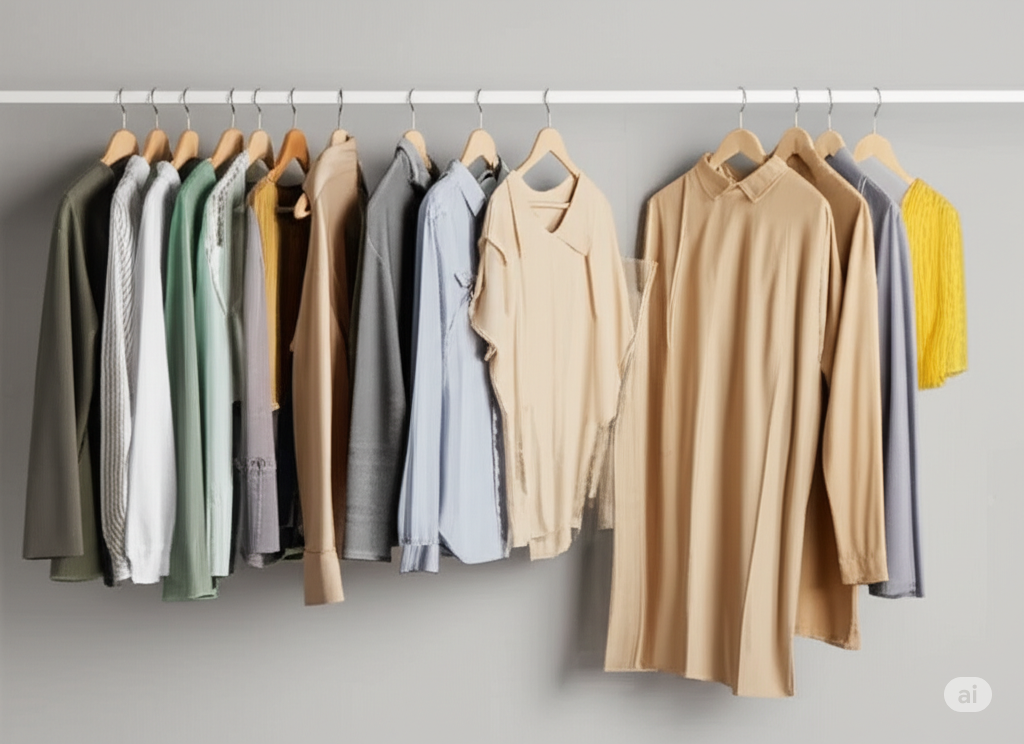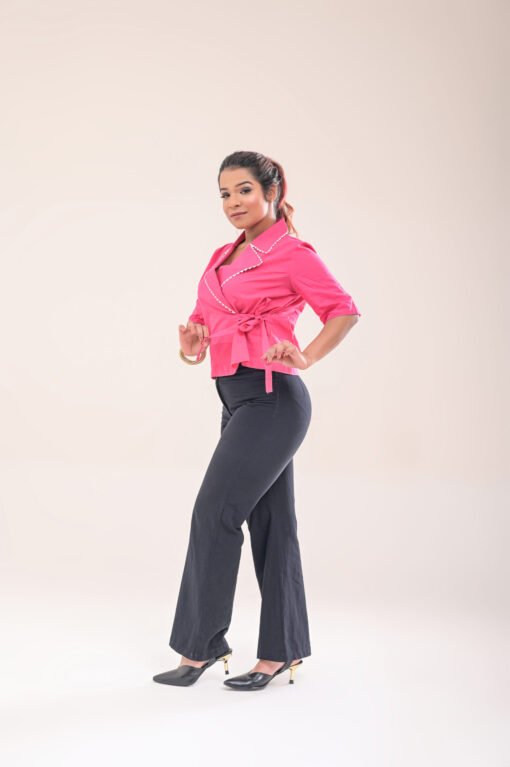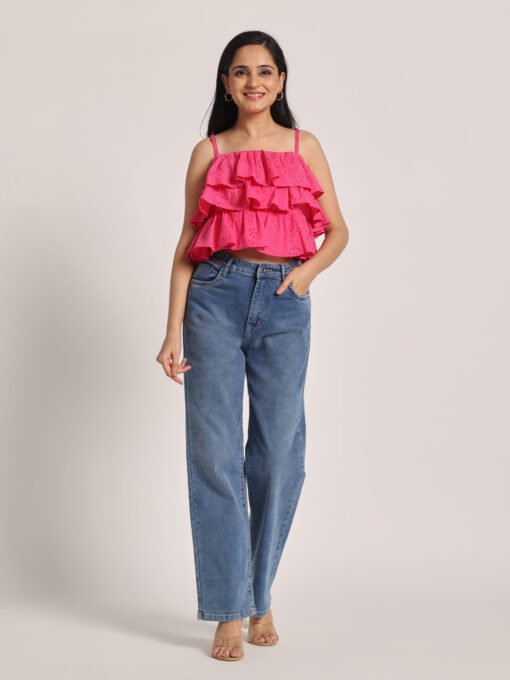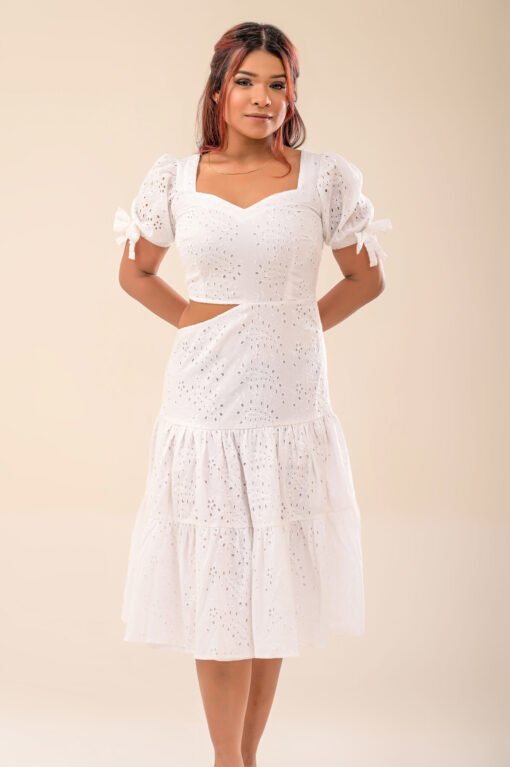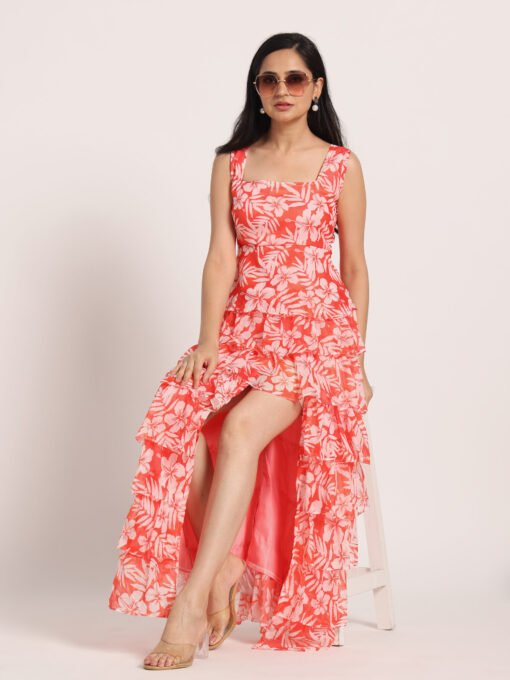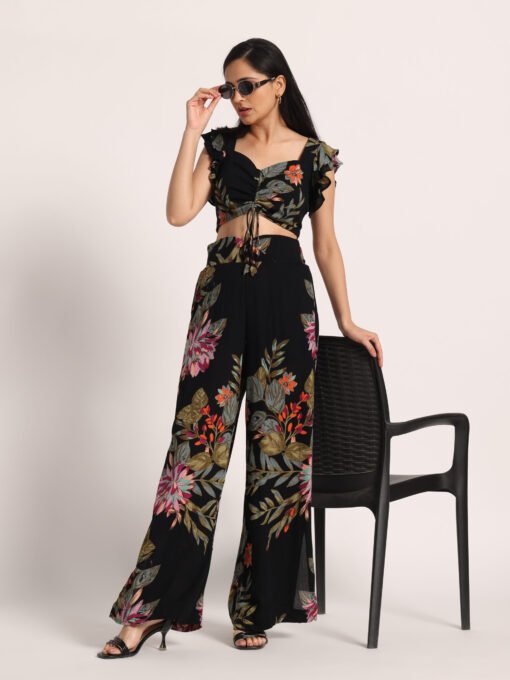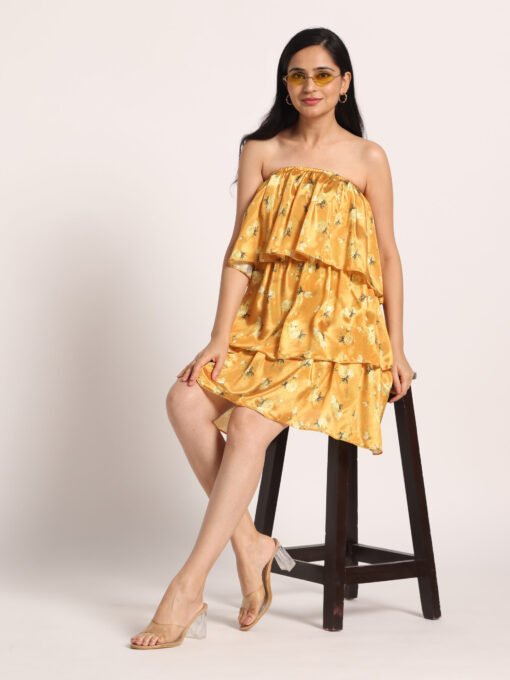Sustainable & Ethical Fashion, Wardrobe Essentials
How to Build a Sustainable Wardrobe in 2025: A Step-by-Step Guide
In an era of fast fashion and environmental concerns, building a sustainable wardrobe has become more important than ever. As we step into 2025, consumers are increasingly aware of the impact their clothing choices have on the planet. 🌎 A sustainable wardrobe isn’t just about buying eco-friendly brands—it’s about adopting a mindful approach to fashion that reduces waste, supports ethical practices, and promotes longevity.
If you’re looking to revamp your closet sustainably, here’s a step-by-step guide to help you make conscious fashion choices in 2025.
Table of Contents
Why a Sustainable Wardrobe Matters in 2025 🌎
The fashion industry’s environmental impact has reached critical levels:
- The average person buys 60% more clothing than 15 years ago but keeps items half as long
- 85% of textiles end up in landfills each year
- Fashion production consumes 93 billion cubic meters of water annually—enough for 5 million people
The fashion industry contributes significantly to pollution and waste. By building a sustainable wardrobe, you:
✔ Reduce textile waste in landfills
✔ Lower your carbon footprint
✔ Support fair labor practices
✔ Invest in higher-quality, longer-lasting pieces
1. Assess Your Current Wardrobe 🧺
Before buying anything new, take stock of what you already own.
Identify Gaps 🔍: Note what you actually need versus what you want. This prevents impulsive purchases and ensures you buy only what’s necessary..
Declutter Responsibly ♻️: Sort through your clothes and identify items you no longer wear. Instead of throwing them away, consider donating, selling, or upcycling them.
2. Embrace Slow Fashion 🐢
Fast fashion contributes to pollution, waste, and unethical labor practices. Slow fashion focuses on quality, durability, and ethical production.
Support Ethical Brands 💚: Look for brands that prioritize sustainability, fair wages, and eco-friendly materials.
Invest in Timeless Pieces ⏳: Choose classic styles that won’t go out of trend quickly. A well-made blazer, a pair of high-quality jeans, or a versatile little black dress can last for years.
3. Choose Sustainable Fabrics 🌱
The materials your clothes are made from significantly impact the environment. Opt for fabrics that are biodegradable, recycled, or require fewer resources to produce.
- Organic Cotton 🧵: Grown without harmful pesticides, better for the environment and farmers.
- Tencel/Lyocell 🌳: Made from sustainably sourced wood pulp, soft and biodegradable.
- Recycled Polyester ♻️: Reduces plastic waste by repurposing PET bottles.
- Hemp & Linen 🌿: Require minimal water and pesticides.
❌ Avoid: Conventional polyester and nylon—they shed microplastics and take centuries to decompose.
4. Prioritize Secondhand & Vintage Shopping 🛍️
Buying pre-loved clothing is one of the most sustainable ways to refresh your wardrobe.
Vintage Fashion 👒: Unique, timeless, and eco-friendly.
Thrift Stores & Consignment Shops 🏪
Online Resale Platforms 📱: Check out ThredUp or Depop.
5. Practice Mindful Consumption 🧠
Before purchasing anything new, ask yourself:
✅ Do I really need this?
✅ Will I wear this at least 30 times? (#30WearsChallenge)
✅ Is this made ethically and sustainably?
Avoid impulse buys and focus on building a capsule wardrobe—a curated collection of versatile, mix-and-match pieces.
Bestsellers
Asymmetric Cotton Wrap Top
Original price was: ₹2,000.00.₹1,200.00Current price is: ₹1,200.00.Cotton Schiffli Ruffle Top
Original price was: ₹1,999.00.₹1,200.00Current price is: ₹1,200.00.Cut-Out Cotton Midi Dress
Original price was: ₹2,500.00.₹2,000.00Current price is: ₹2,000.00.Floral Ruffle Maxi Dress
Original price was: ₹2,499.00.₹2,100.00Current price is: ₹2,100.00.Floral Smocked Crop Top with Slit Pants
Original price was: ₹2,999.00.₹2,499.00Current price is: ₹2,499.00.Floral Strapless Ruffle Dress
Original price was: ₹1,599.00.₹1,299.00Current price is: ₹1,299.00.
6. Care for Your Clothes Properly ✨
Extending the life of your garments reduces the need for frequent replacements.
Learn Basic Repairs 🧵 (Sewing buttons, fixing seams)
Wash Less Frequently 🧼
Use Cold Water & Eco-Friendly Detergents 🌊
Air Dry Instead of Using a Dryer ☀️
7. Recycle & Upcycle 🔄
When clothes are beyond repair, don’t just toss them—recycle or upcycle them!
DIY Upcycling ✂️ (Turn old tees into tote bags, jeans into shorts)
Textile Recycling Programs ♻️ (H&M, The North Face)
8. Rent or Borrow for Special Occasions 🎉
Instead of buying a new outfit for a one-time event, consider renting.
9. Support Circular Fashion Initiatives 🔄
Circular fashion ensures clothes can be recycled or biodegraded at the end of their life.
- Brands with Take-Back Programs (Levi’s, Madewell)
- Compostable Clothing 🍃 (Innovations in biodegradable textiles)
10. Educate Yourself & Spread Awareness 📚
Stay informed about sustainable fashion trends and share your knowledge with others. Follow eco-conscious influencers and support policies that promote ethical fashion.
Final Thoughts 💭
Building a sustainable wardrobe in 2025 is about making intentional choices that benefit both the planet and your personal style. By embracing slow fashion, choosing eco-friendly materials, shopping secondhand, and caring for your clothes, you can reduce your environmental footprint while still looking great.
Sustainability isn’t about perfection—it’s about progress. Every small step counts toward a greener, more ethical fashion future.
Are you ready to transform your wardrobe in 2025? Start today, and make sustainability your new style statement! 🌍✨

